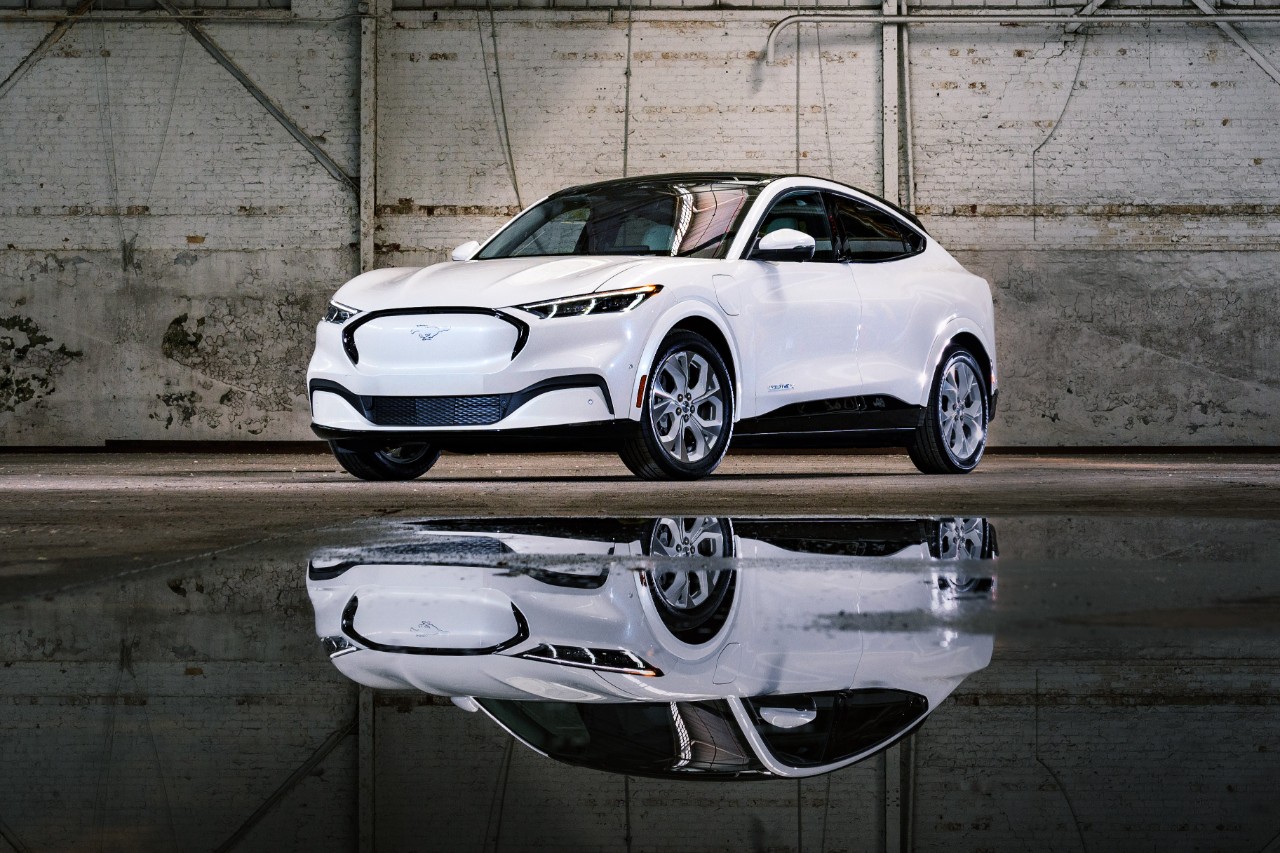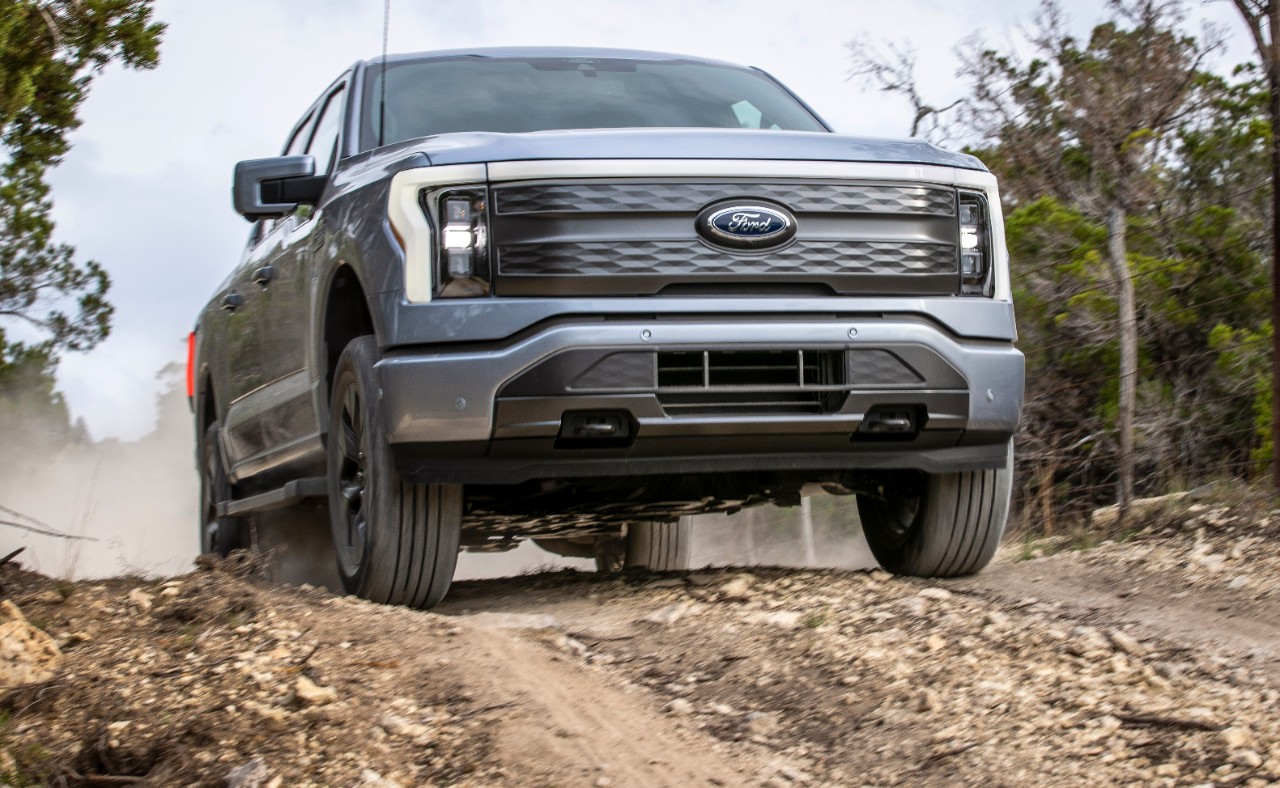
2016 Ford F-150 Lariat appearance package. Image source: Ford Motor Company.
Back in the 1960's Americans loved Volkswagen vehicles, and West Germany loved chicken. Back when chicken was practically synonymous with luxury abroad, it had become a staple item in the U.S. and American farmers were more than happy to sell their chickens to France and West Germany where they dominated and eradicated the competition.
In response, France and West Germany slapped a tariff of almost 50% on American chicken. In 1963 the U.S. punched back and placed a 25% tariff on all trucks imported from outside the United States. The next year U.S. imports of automobile trucks from West Germany declined by two-thirds, down to a value of $5.7 million and Volkswagen cargo vans and pickup trucks nearly disappeared from the U.S. market overnight.
This summer the free-trade debate -- Trans-Pacific Partnership and Transatlantic Trade and Investment Partnership -- has made its rumblings in Washington and the "Chicken Tax" could finally be lifted as a part of those agreements. It's a move that could increase competition in the midsize and full-size truck segments in the U.S. and erode very profitable margins for Ford Motor Company's (F 1.52%) most profitable product, the F-Series full-size truck.
How big of a deal is it?
If the chicken tax being lifted causes a speed bump for sales of Ford's F-Series, it would have a huge impact on the automaker and its investors. Consider that through June 2015, more than one of every four Ford branded vehicles sold in America was an F-Series truck and it's been America's best-selling vehicle for 33 consecutive years. Furthermore, the average price tag of every F-Series truck driving off dealer lots last month was a staggeringly high $44,100.
In fact, because Ford took more than half a year to get the production of the 2015 F-150 up to full speed, it had to show investors how it altered the company's overall profitability schedule until sales reach full potential later in 2015.

Graphic source: Ford Motor Company's investor day presentation.
Simply put, if total sales or the average price tag of Ford's F-Series trucks moves lower for any reason, it's a huge deal.
Should investors worry?
Although Ford is much more profitable and competitive in passenger vehicles than in decades past, full-size trucks and SUVs keep hauling the big bucks. Some believe removing the chicken tax would immediately send the number of trucks available to consumers today soaring.
That increased competition would force Ford to lower truck prices to maintain market share, and thus make a company that derives much of its profits from full-size trucks much less attractive as a stock investment.
Some also believe that the tariff has effectively insulated Ford and its crosstown rivals from increased import truck competition for decades, and if more trucks were available it would seriously hinder their ability to dominate the market.
However, both of those beliefs seem very exaggerated.
Not a big concern, yet
Digging into the details it becomes a little more clear why lifting the chicken tax won't have an overnight impact on the U.S. truck segment. That's partly because many of the countries involved in the trade talks don't have pickup truck assembly plants. On the flip side, Thailand, where multiple truck brands are produced -- including Ford's internationally popular mid-size Ranger -- isn't currently involved in the trade talks.
Also, the chicken tax wouldn't entirely be lifted overnight. Rather, the discussion has centered around the tariff being phased out on a long-term timeline, perhaps stretching beyond two decades. Concerned auto investors also need to consider that while the chicken tax may have insulated Ford's trucks from competition, it has also prevented competition from understanding the U.S. truck consumer.
"When you look at how we treat our trucks and how people do around the world, a lot of them wouldn't be able to withstand some of the same things, and they're not designed with American needs in mind," Dave Sullivan, an analyst with AutoPacific, told Automotive News. "We've come to have a very refined and sophisticated pickup truck buyer."
Ultimately, investors of Ford or other Detroit automakers shouldn't concern themselves if the chicken tax is finally lifted. Detroit automakers dominate the full-size truck segment and know how to build and sell trucks to Americans better than any competitor -- that isn't going to change for a very long time.






